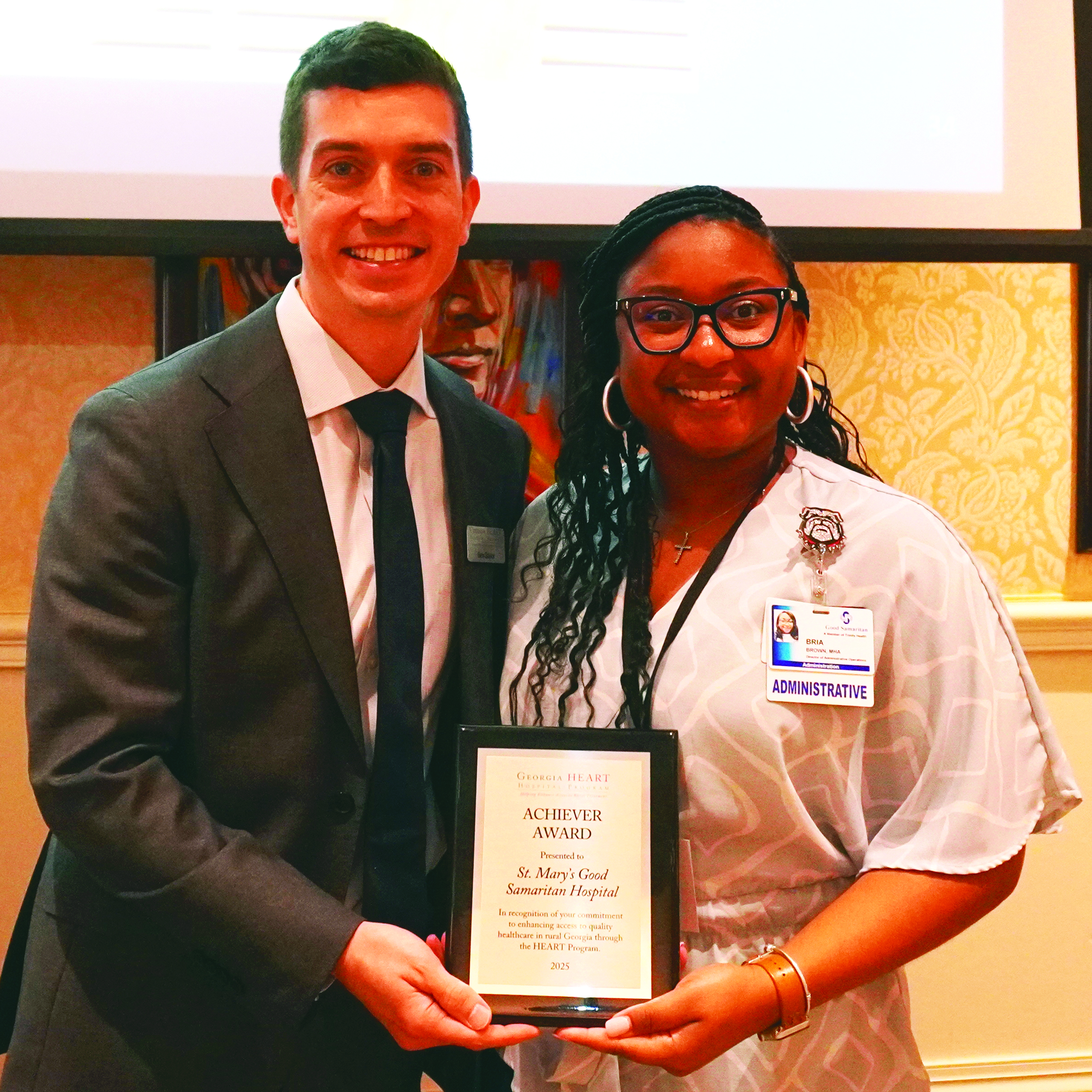Study: Politically outspoken celebrities will see likability ratings fall
Published 2:55 pm Monday, July 14, 2014
In this presidential election season, when celebrities endorse candidates while talking to empty chairs, engage in political debates on Twitter and encourage the rest of us to vote via cleverly edited YouTube clips, a new university study suggests that, perhaps, they might all be better off keeping their mouths shut.
The study, to be published in an issue of the journal of Basic and Applied Social Psychology, suggests that the more the public knows about celebrities’ personal opinions, the less inclined we are to like the celebrities, particularly if we discover that their views differ from our own. Which, perhaps, is common sense. But thanks to this study, it’s now science.
Professors at the universities of New Hampshire, Utah and Cincinnati and at Vanderbilt University staged two experiments in which college students’ responses to celebrity-related information were assessed. The key part, from my perspective, was the portion that gauged reaction to movie stars who fall on opposite sides of the ideological spectrum: Tom Hanks and Mel Gibson.
Wait, Mel Gibson? The guy who once called a female police officer a name that begins with “Sugar-” and ends in a word not allowed in this newspaper? The man whose explosive arguments with ex-girlfriend Oksana Grigorieva were spewed all over the Internet two years ago? Doesn’t his involvement in this scholarly endeavor nullify its results?
Actually, no, says Bruce Pfeiffer, one of the researchers and a marketing professor at the University of New Hampshire, who notes that the students were surveyed before the whole Gibson/Grigorieva mess.
As for the other baggage Gibson brings to the table regarding alleged anti-Semitism and weird interviews with Diane Sawyer, Pfeiffer said it did not seem to affect the participants’ overall view of him. “Although his average rating was less positive than Tom Hanks, his overall evaluation was still positive,” the professor said via e-mail.
The subjects were asked to read general statements about the careers of both Forrest Gump and Mad Max, then to peruse specific statements about their religious and political views. (Hanks was identified as a Democrat who supports gay marriage and who converted from Roman Catholicism to Eastern Orthodox Christianity when he married Rita Wilson. Gibson was characterized as a Republican who is anti-abortion and a “Traditionalist Catholic.”)
Across the board, subjects thought of both men less favorably once they read these details, but self-identified conservatives disliked Tom Hanks even more strongly, while self-identified liberals had the same response to Gibson. The upshot: We all think beloved actors are “just like us” until we find out they’re not. Then we don’t care for them as much.
But wait a second. Plenty of celebs are involved in political causes, and they still seem pretty well-liked. Pfeiffer’s response: “The bottom line is that stating a belief is fine, as long as very few people disagree with it. Taking a stand on an issue on which there is disagreement will usually result in overall harm to a celebrity’s status among some consumers.” In other words, it’s fine to tell people to vote in a nonpartisan way. But if you tell them who to vote for, well, some people might decide they don’t want to see “Trouble With the Curve” or watch “Glee” anymore.
One sticking point in all this is social media, which looms even larger in the celebrity sphere than it did two-plus years ago, when the experiments were conducted. Famous people say potentially polarizing and unlikable things on Twitter all the time and, while it occasionally elicits a negative response, it doesn’t seem to have a long-term effect on their success. If it did, John Cusack and Patricia Heaton would no longer be working, and both of them definitely are.
Pfeiffer acknowledges that the direct online connections between fans and their idols might be changing the game somewhat, but “the processes we describe in our research are fundamental, and we believe that people would behave the same way in a decade.”
We’ll check back in 10 years and see whether that’s still true. And whether we all feel the same way about Hanks and Gibson.




